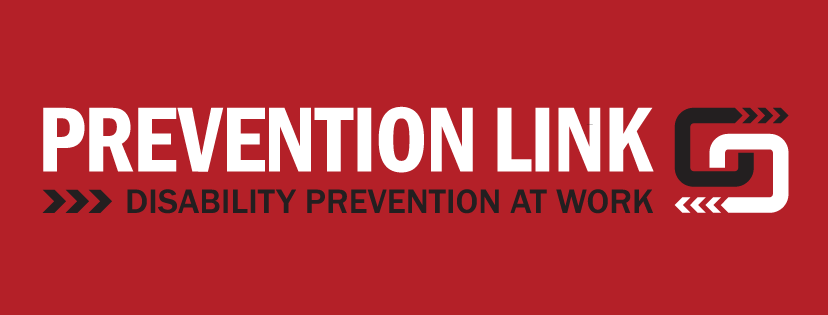
OFL STATEMENT
December 3, 2015
No One With a Disability Should Be Made to Feel Invisible
OFL Statement for International Day of Persons with Disabilities, December 3, 2015
December 3 marks the United Nations’ International Day of Persons with Disabilities. According to the UN, persons with disabilities make up 15 percent of the world’s population and it is estimated that one quarter of the global population is directly affected by disability, as caregivers or family members. According to Statistics Canada, about 3.8 million Canadians (13.7 percent) reported having a disability in 2012.
“The OFL is committed to eliminating the individual and systemic barriers that continue to marginalize so many people with disabilities,” said OFL President Chris Buckley. “Full social and economic inclusion for our brothers and sisters with disabilities must be a priority for a province striving for economic and social justice.”
According to the 2010-2011 Annual Report of the Canada-Ontario Labour Market Agreement for Persons with Disabilities:
“A disproportionately high number of people with disabilities in Ontario, as in the rest of the country, have no employment earnings. In 2009, 63% of people with disabilities in Ontario reported employment earnings, compared to 85% of people without disabilities. For those who do work, average earners are lower among people with disabilities as compared to the rest of the population.”
It is an unfortunate and persistent reality that significant disparities persist between persons with disabilities and the general population, which are evidenced by grossly differential access to education, employment, housing and other determinants of quality of life. These disparities were extensively documented in the Canadian Human Rights Commission’s 2012 Report on Equality Rights of People with Disabilities.
This year, the United Nations has adopted the theme, “Inclusion Matters: Access and Empowerment for People of all Abilities,” and given a special emphasis on raising awareness about invisible disabilities. The term ‘invisible disabilities’ refers to symptoms such as debilitating pain, fatigue, dizziness, cognitive dysfunctions, brain injuries, learning differences and mental health disorders, as well as hearing and vision impairments. These are not always obvious to the onlooker, but can sometimes or always limit daily activities, range from mild challenges to severe limitations and vary from person to person.
“Taking action to address the stigma and discrimination of people with invisible disabilities is long overdue,” said OFL Secretary-Treasurer Patty Coates. “In addition to the challenges that living with a disability can present, people with invisible disabilities are frequently challenged to prove that their disability even exists. These prejudicial attitudes serve to make the person with the disability feel invisible as well.”
Under the Canadian Human Rights Act, federally-regulated employers have a “duty to accommodate,” which requires them to provide workplace accommodation to staff with disabilities, differentiates between “visible disabilities, such as the need for a wheelchair,” and “invisible disabilities” like “cognitive, behavioural or learning disabilities, and mental health issues.” In Ontario, public sector agencies including government ministries, municipalities, hospitals, public transportation authorities, school boards, colleges and universities are required to prepare and publish annual accessibility plans, as a legal obligation under Accessibility for Ontarians with Disabilities Act, 2005 (AODA). The purpose of the AODA is to benefit all Ontarians by developing, implementing and enforcing accessibility standards with people with disabilities, the Government of Ontario, sector representatives and others, in order to achieve accessibility for Ontarians with disabilities by 2025.
“We have laws in place to uphold the rights of people with disabilities, but no one can exercise their rights if they aren’t aware they have them and if there aren’t services in place to support them,” said OFL Executive Vice-President Ahmad Gaied. “It is time to change the culture of discrimination against people with disabilities that continues to persist in Ontario’s workplaces and communities.”
The OFL is committed to working closely with organizations such as AODA Alliance, the Ontario Disability Support Program (ODSP) Action Coalition and the Ontario Network of Injured Workers’ Groups (ONIWG), among others, to ensure that Ontario becomes a province that is accessible, supportive and welcoming to all.
The Ontario Federation of Labour (OFL) represents 54 unions and one million workers in Ontario. For information, visit www.OFL.ca and follow the @OFLabour on Facebook and Twitter.
For further information:
Joel Duff, OFL Communications Director: 416.707.0349 or JDuff@ofl-org.flywheelsites.com *ENG/FRE*


